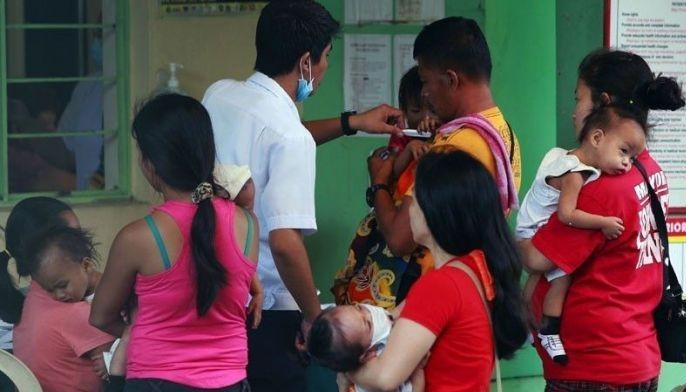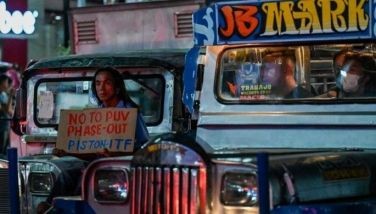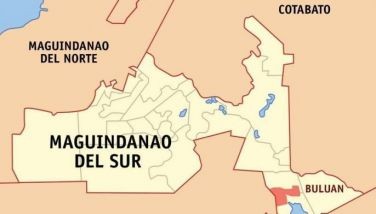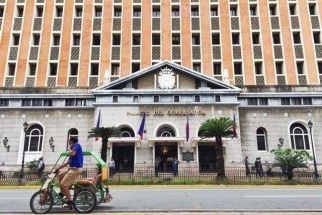DENR to suspend issuance of transport permits for monkeys
MANILA, Philippines - The Department of Environment and Natural Resources (DENR) will suspend tomorrow the capture and transport of monkeys from the wild pending an investigation on how several captive monkeys in Mindoro were infected with the Ebola Reston virus.
Environment Secretary Ramon Paje said yesterday the suspension of the issuance of transport permit is part of the government’s efforts to stop the spread of the deadly Ebola virus.
The Department of Agriculture (DA) also banned earlier the exportation of macaque monkeys.
The DENR, through the Biodiversity Management Bureau (BMB), used to issue transport permit authorizing an individual to bring wildlife from one place to another within the country.
But the DENR has advised its field offices nationwide not to issue transport permits anymore until the inter-agency body tasked to probe the incident gives clearance.
The investigating team – composed of representatives from the Department of Health (DOH), the DENR, and the Bureau of Animal Industry (BAI) of the DA – is trying to determine the source of the Ebola virus and confirm which other living species could be possibly infected by it.
DA Undersecretary for Livestock Jose Reaño said based on initial observation, the monkeys may have contracted the Ebola virus from bats through saliva transfer as they pick up food plants dropped by these flying mammals.
The BAI regulates the transport and export of local monkeys in breeding facilities, but the DENR also monitors them as they belong to the breed Macaca fascicularis or Philippine macaque, which is classified as “near threatened” in the Red List of Threatened Species of the International Union for the Conservation of Nature.
BMB director Theresa Mundita Lim said her agency is taking the necessary precautions to ensure the Ebola virus would not spread to other monkey species and other animals.
The BMB chief also advised the public to report to the DENR any monkey that may have been left unattended or shows signs of hemorrhagic fever.
Monkeys are used as experimental animals by pharmaceutical companies. The Philippines exports at least 300 captive monkeys annually to the United States, Canada, Japan and Europe, according to Reaño.
Reaño said the Ebola strain that infected the monkeys is different from the lethal strain found in Africa, the Ebola Zaire virus.
So far no human infection is recorded since the monkeys tested positive for Ebola, especially among workers in the undisclosed facility where the monkeys are kept.
Reaño said it is also unlikely that the virus would be transferred to livestock, but the export and transport ban would remain in place indefinitely until the situation is resolved.
- Latest
- Trending































